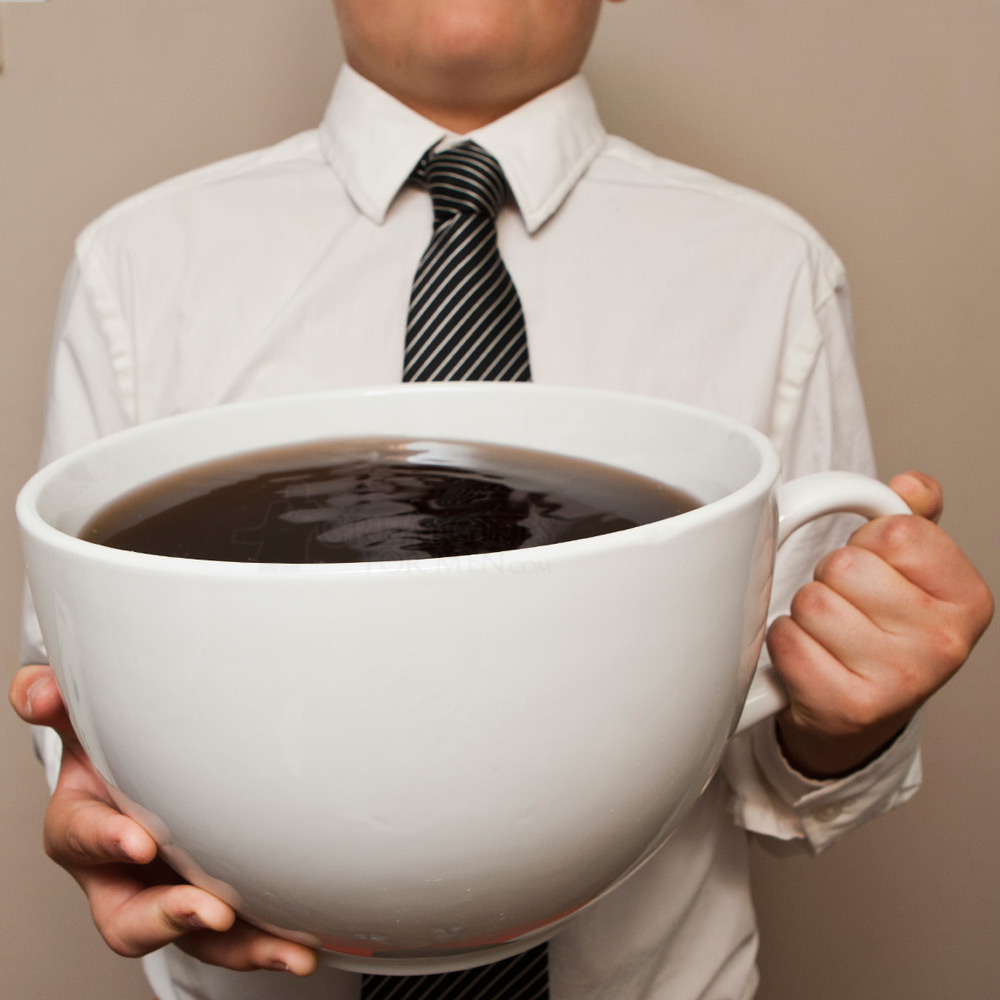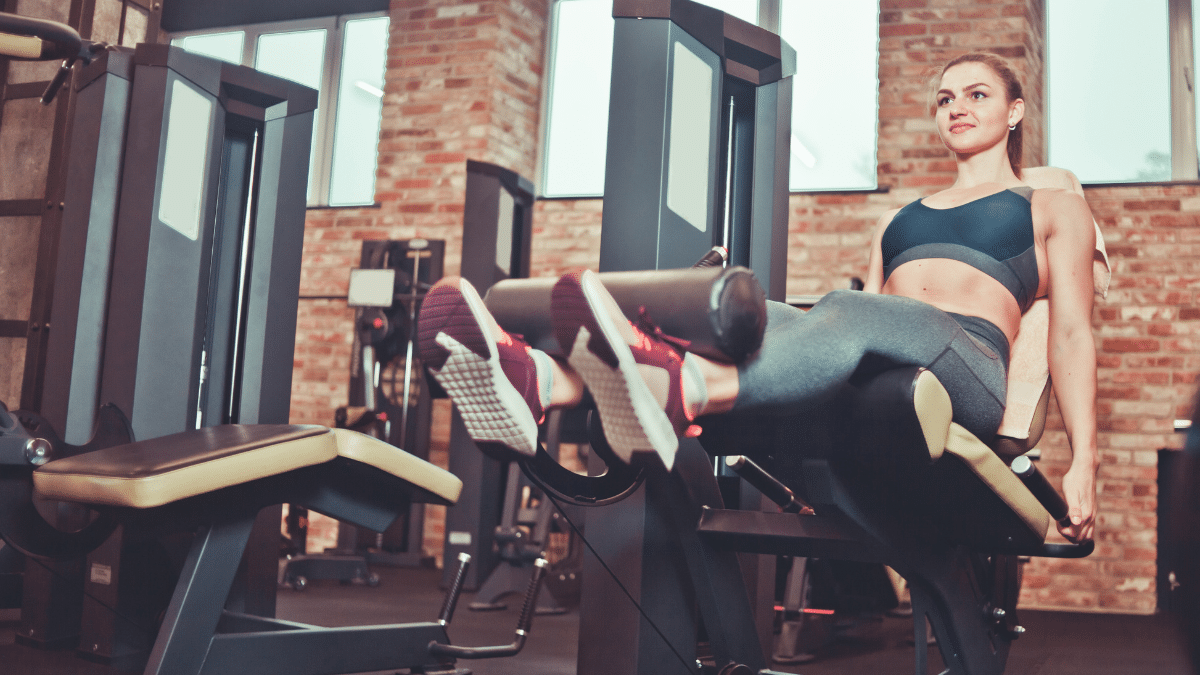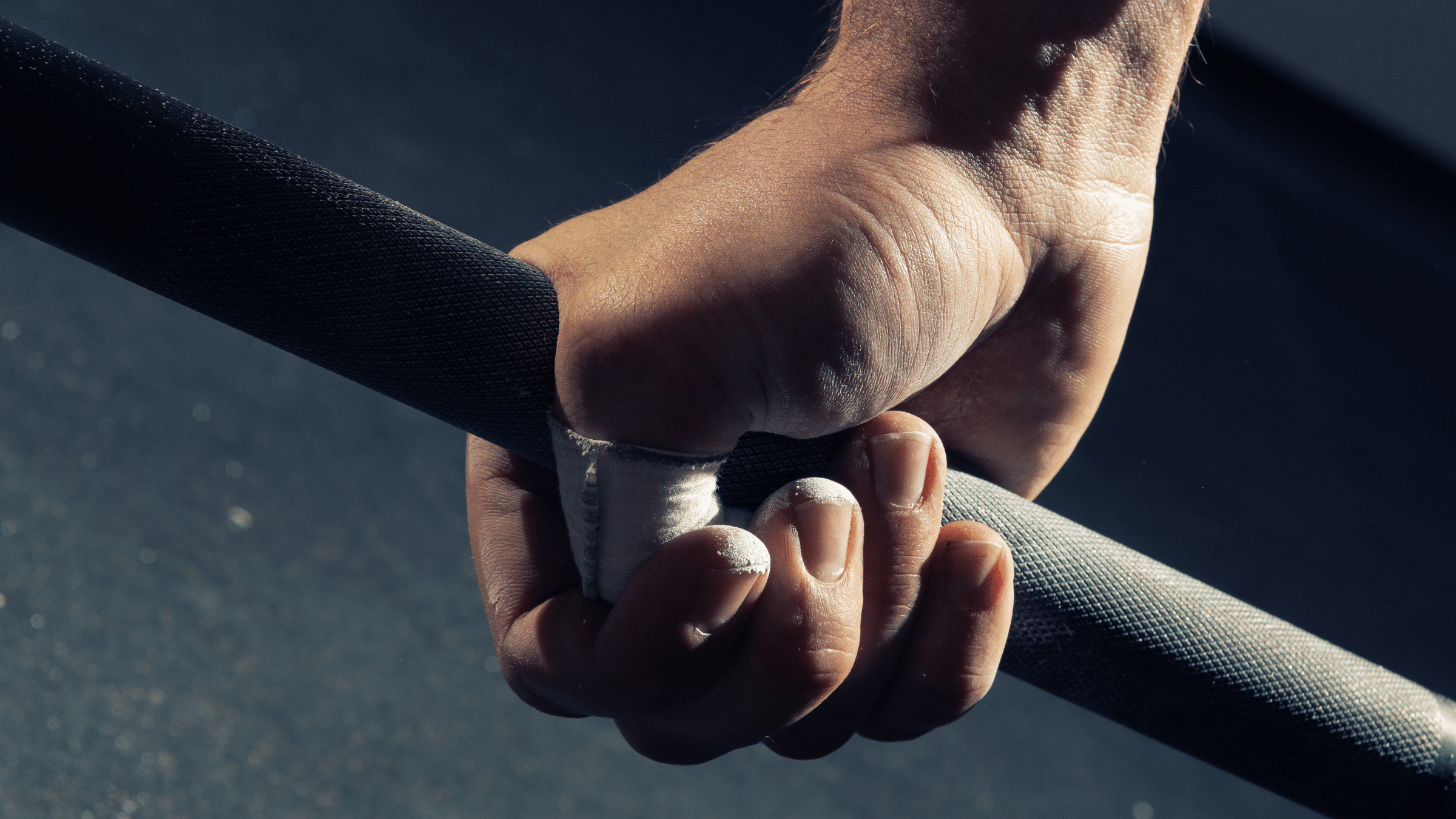You guys are in for a treat today. One of my professors, Ken Turley Ph.D., is the foremost expert on the subject of caffeine’s effects on exercise in children. He’s a humble guy, so resists the title of “foremost expert,” but he can’t argue with “most published researcher on the subject by a mile.” I had a chance to sit down with him and talk to him about caffeine, how it affects children, and some common misconceptions about it.
1. Acutely, caffeine is safe for kids.
In his research, Dr. Turley has used doses of up to 5mg of caffeine per kg of body mass. To put that in perspective, that’s about 2 Monsters worth of caffeine for a 100 pound kid. Acutely, that dose is safe for kids. As a matter of fact, one behavioral study actually used 10mg/kg (about 5-6 cups of coffee, if you brew it pretty strong), though, quite frankly, he was surprised that dosage cleared an ethics board. However, even at that absurdly high dose, there were no casualties ;).

2. Chronically is it safe? Who knows.
In kids (and adults), caffeine increases blood pressure transiently by acting as an adenosine antagonist (adenosine causes blood vessels to relax, so caffeine, by opposing that effect, causes constriction). Some people write off that transient increase in blood pressure as irrelevant. However, people use the opposite logic to recommend aerobic exercise to hypertensive people. After exercise, blood pressure drops for 3-4 hours, so 7 days of exercise adds up to essentially a day’s worth (21-28 hours) of decreased blood pressure, which could have beneficial long-term cardiovascular effects. By that same logic, shouldn’t the transient increase in blood pressure with caffeine consumption be seen as harmful?
3. Caffeine actually decreases heart rate in children
Because caffeine increases blood pressure, the sensitive baroreceptors (sensitive to changes in pressure) in children actually cause a decrease in heart rate to decrease cardiac output and counteract the raise in pressure. In adults, since we have less sensitive baroreceptors, caffeine really doesn’t affect heart rate much at all.
4. Effects on performance
Caffeine doesn’t affect VO2 Max (how much oxygen the body can take up and utilize) or RER (a measure of how much fat or carbohydrate, relatively, the body is using) in children, so it probabably wouldn’t improve aerobic performance. However, it does improve anaerobic performance, as assessed by Wingate tests and strength tests. The threshold for its effects seems to be about 2-2.2mg/kg, with 1mg/kg having no significant effect on the variables measured, and 5mg/kg not being significantly different than 2mg/kg. However, even though caffeine CAN be used as an ergogenic in kids for anaerobic tasks, the question becomes, “should parents give their kids caffeinated beverages for a performance boost?” Although science can’t answer “ought” questions, Dr. Turley is of the opinion (and I think rightly so) that it’s just crazy to try using any sort of ergogenic supplement on kids. They’re children, for Pete’s sakes. They have enough time for throat-slitting competitiveness in highschool when they’re vying for college scholarships (my words, not his).
5. Caffeine is not a diuretic
Dr. Turley said this is one of the biggest misunderstandings about caffeine. When you drink it, of course you’re going to pee… Because you were consuming it with liquid! He said there’s no data suggesting that caffeine consumed in caffeinated beverages has a diuretic effect, or causes more urination than the consumption of the same amount of liquid without caffeine.
6. Caffeine doesn’t make kids hyper
Based on the research he’s read on caffeine’s behavioral effects (i.e. the majority of the literature on caffeine’s effects in children, since caffeine and exercise in children is a pretty new subject for research), there’s no reason to think it makes kids hyperactive. If anything, it does the opposite, improving kids’ “vigilance” and increasing attention span. In his opinion, if the kids are getting hyper, it’s more a function of the sugar that’s usually in caffeinated beverages, not the caffeine itself. In studies where he gives kids either caffeine or a placebo, he likes asking parents which treatment they think their kid got (just for fun, not as part of the study). Half of them are sure their kid got the caffeine because they were so hyper, and half of them are pretty sure their kid didn’t get the caffeine. The success rate of the parents, who should know all about how their kids behave: about 50/50.
7. Does caffeine stunt growth?
Who knows? He doesn’t. As a matter of fact, to the best of his knowledge, the effect of caffeine on growth is totally speculative, because there haven’t been any studies examining its effects.
Turley’s Takeaway: Life should be lived in moderation. There’s nothing wrong with a little caffeine, in either adults or kids. Total abstinence isn’t necessary, and excess consumption isn’t prudent either.
I hope you guys enjoyed this piece as much as I enjoyed interviewing him and writing it. For once, you actually get to hear from a real expert on something 😉



